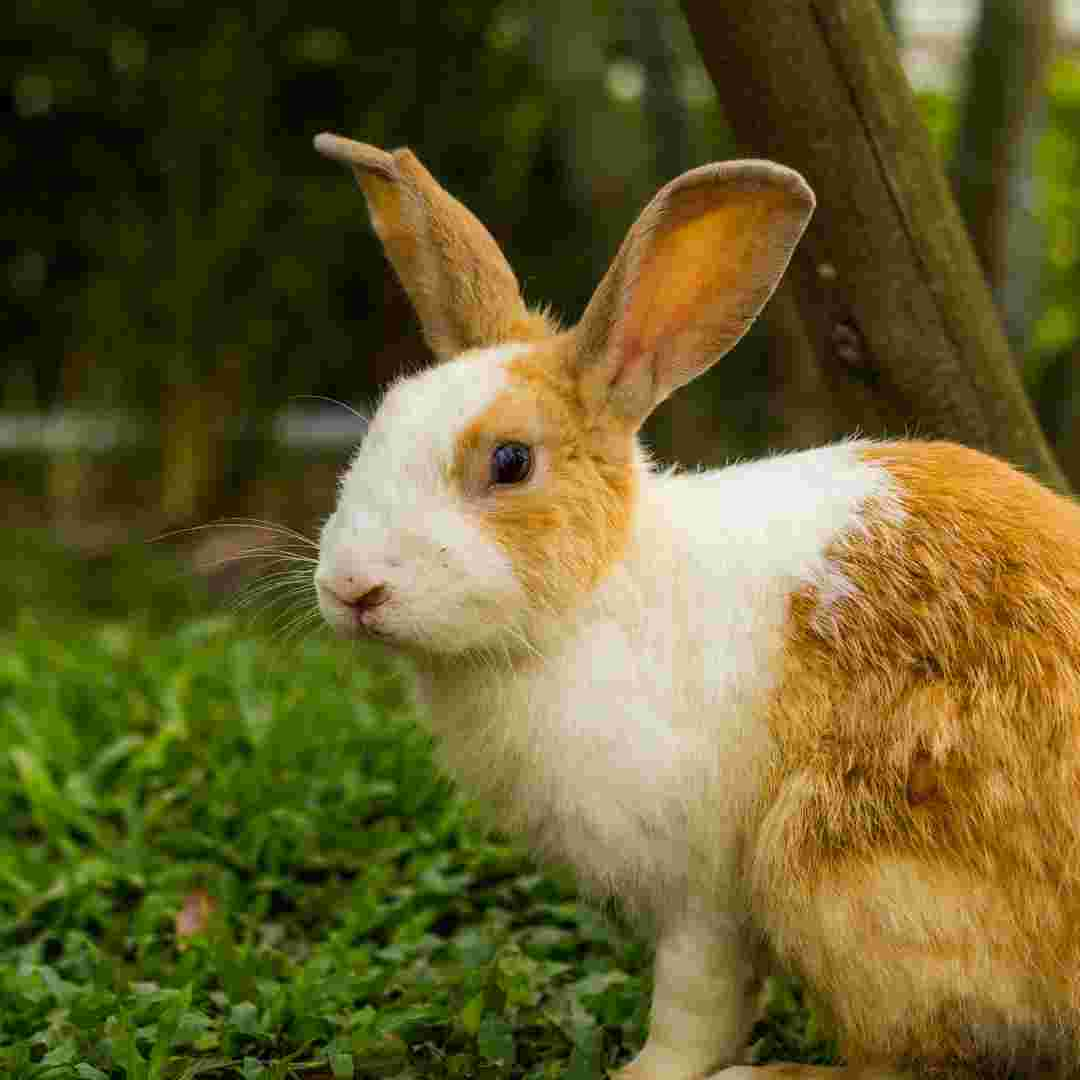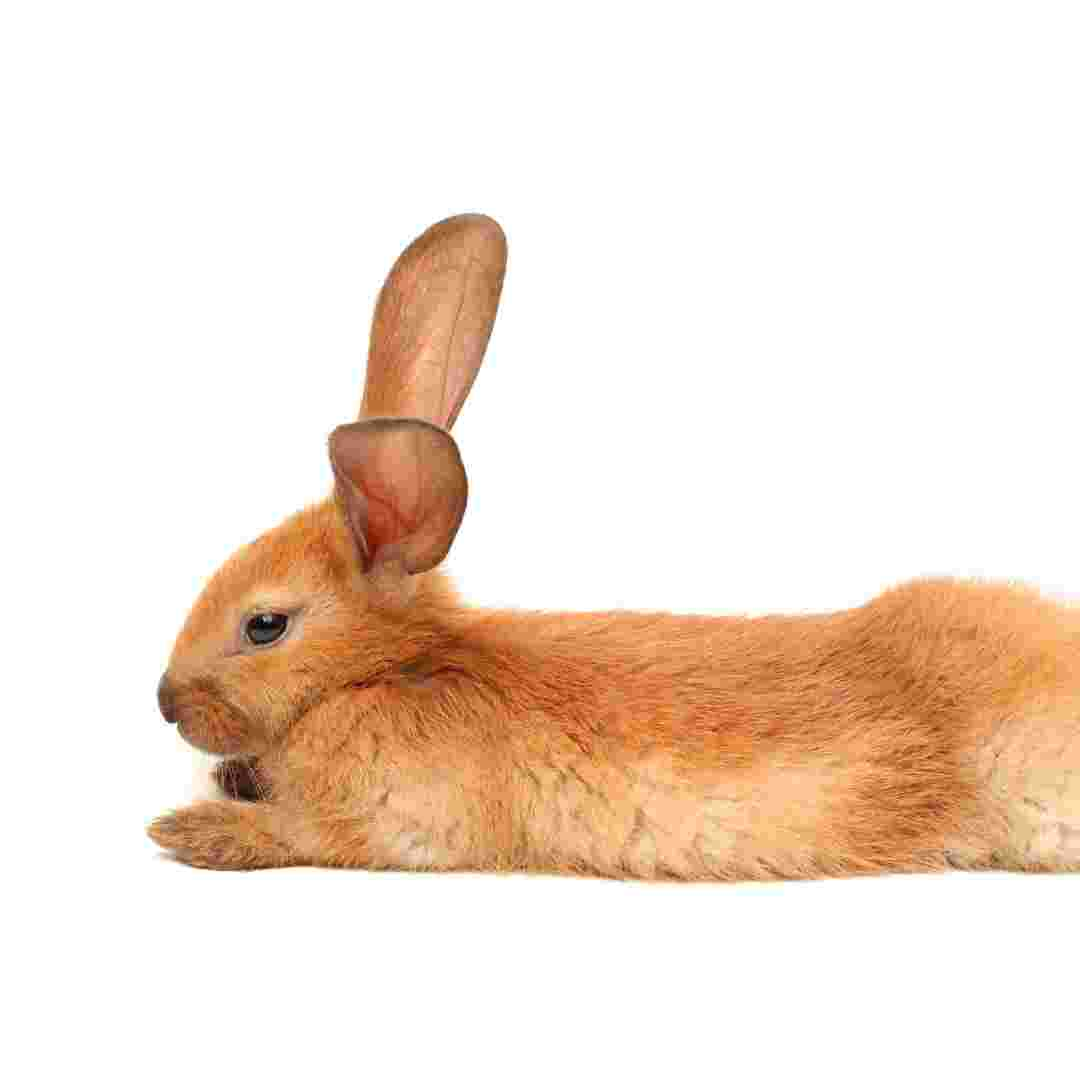Contents Table
Introduction
The Average Domestic Rabbit Weight
Telling whether your rabbit is overweight
Diet Effects on Rabbit Weight
How to Track Rabbit Weight
The Benefits of Rabbit Weight Control
Q&A
Conclusion
Introduction
Small, fluffy rabbits make popular pets. They differ in size, breed, and weight. The average domestic rabbit weighs 2–4.5 kilogrammes (4.4–9.9 pounds). Some breeds weigh 1.3 kilogrammes (2.9 pounds) or 8 kilogrammes (17.6 pounds). Rabbit height and weight depend on breed, age, and sex.
The Average Domestic Rabbit Weight
Different breeds of pet rabbits weigh differently. The normal domestic rabbit weighs 2.5–4.5 kilogrammes (5.5–10 pounds). Weight ranges from 1.3 kilogrammes (3 pounds) for the Netherland Dwarf to 8.2 kilogrammes (18 pounds) for the Flemish Giant. Age, sex, and health impact the average weight of a domestic rabbit. Young rabbits may weigh less than adult rabbits of the same breed. Additionally, female rabbits weigh slightly more than males. Finally, diet and health affect rabbit weight.
Telling whether your rabbit is overweight
Monitor your rabbit's weight to keep them healthy and happy. Weight concerns can cause heart, pulmonary, and joint pain in rabbits. Here are several ways to spot an overweight rabbit.
1. Touch your rabbit's ribcage. The ribs of a healthy rabbit should be touched but not seen. Seeing your rabbit's ribs indicates underweight. Unable to feel your rabbit's ribs? They may be overweight.
2. View your bunny sideways. Healthy rabbits have a small belly tuck, meaning their tummy is higher than their hips. Your rabbit may be overweight if their abdomen is hip-level or below.
3. Assess your rabbit's diet. An overweight rabbit may be consuming too much or the incorrect foods. Keep your rabbit on hay, fresh veggies, and a few pellets.
If you think your rabbit is overweight, ask your vet how to get it in shape.
Diet Effects on Rabbit Weight
A rabbit's food affects its health and weight. Rabbits need good nourishment to avoid obesity. A diet heavy in calories or poor in vital nutrients might cause weight gain or other health issues.
Diets should be high in fibre and low in fat and sugar for rabbits. Diets heavy in fat and sugar can cause obesity and other health issues. Diets lacking in fibre can cause stomach issues and weight loss. The right combination of fibre, fat, and sugar is key to weight management.
Rabbits need a high-fiber diet to maintain their digestive tract. Fibre slows digestion, preventing stomach issues. Rabbits should eat mostly high-fiber hay, grass, and vegetables.
Diets low in fat and sugar are vital for rabbits. Foods heavy in fat and sugar can cause weight gain and other health issues. Fruits, vegetables, and hay should dominate a rabbit's diet.
Along with a healthy diet, rabbits need fresh water at all times. Water prevents rabbit dehydration.
These instructions help rabbits avoid obesity-related health issues. Healthy rabbits need a balanced diet, plenty of water, and exercise.
How to Track Rabbit Weight
Weight monitoring is crucial to your rabbit's health. Any weight changes in your rabbit may indicate health difficulties. Tips for rabbit weight monitoring:
1. Regularly weigh your rabbit. Monthly rabbit weigh-ins are advised. You can use a pet or kitchen scale. Every time you weigh your rabbit, record it.
2. Watch your rabbit's diet. Make sure your rabbit is consuming enough and a balanced diet. Your rabbit may be losing weight due to undereating.
3. Check for sickness. Losing weight in your rabbit may indicate a health issue. Lethargy, appetite loss, and behaviour changes may indicate sickness.
4. Talk to your vet. Consult your vet if your rabbit's weight or behaviour changes. They can identify and treat health conditions.
Follow these suggestions to keep your rabbit healthy and happy. Responsible pet owners must monitor their rabbits' weight.
The Benefits of Rabbit Weight Control
Your rabbit's health depends on its weight. Keeping your rabbit at a healthy weight can prevent obesity-related disorders, intestinal troubles, and joint pain. Here are some benefits of rabbit weight control.
Healthy weight reduces obesity-related disease risk. Overweight rabbits are more prone to get heart, diabetes, and liver disorders. Weight control can lower your rabbit's risk of these illnesses.
Second, weight can benefit your rabbit's digestion. Constipation and bloating are more common in overweight rabbits. Maintaining a healthy rabbit weight might reduce these concerns.
Third, a healthy weight reduces joint pain. Joint pain is more common in overweight rabbits due to joint strain. Maintaining a healthy rabbit weight reduces joint pain.
Last, a healthy weight can improve your rabbit's longevity. Weighty rabbits are more likely to have health difficulties, lowering their quality of life. Maintaining a healthy weight might help your rabbit live its best life.
Healthy weight is vital for your rabbit's health. Keeping a healthy weight helps lower the risk of obesity-related disorders, digestive difficulties, joint pain, and more. Maintaining a healthy rabbit weight might help it live its best life.

Q&A
1. What does the average adult rabbit weigh?
The average mature rabbit weighs 2–4.5 kg (4.4–10 pounds).
2. How much does a baby rabbit weigh?
A baby rabbit, or “kitten”, weighs 0.5–1 kg (1–2 lbs).
3. How much does a large rabbit weigh?
Giant rabbits weigh 8 kg (17.6 pounds).
4. How much do dwarf rabbits weigh?
Answer: Dwarf rabbits weigh 0.5–1.5 kg (1–3 pounds).
5. How much does a wild rabbit weigh?
Answer: Wild rabbits weigh 1–2 kg (2–4 pounds).
Conclusion
Finally, rabbit breed, age, and sex affect average weight. Healthy adult rabbits weigh 2–8 pounds. Some breeds can reach 12 pounds or more.
